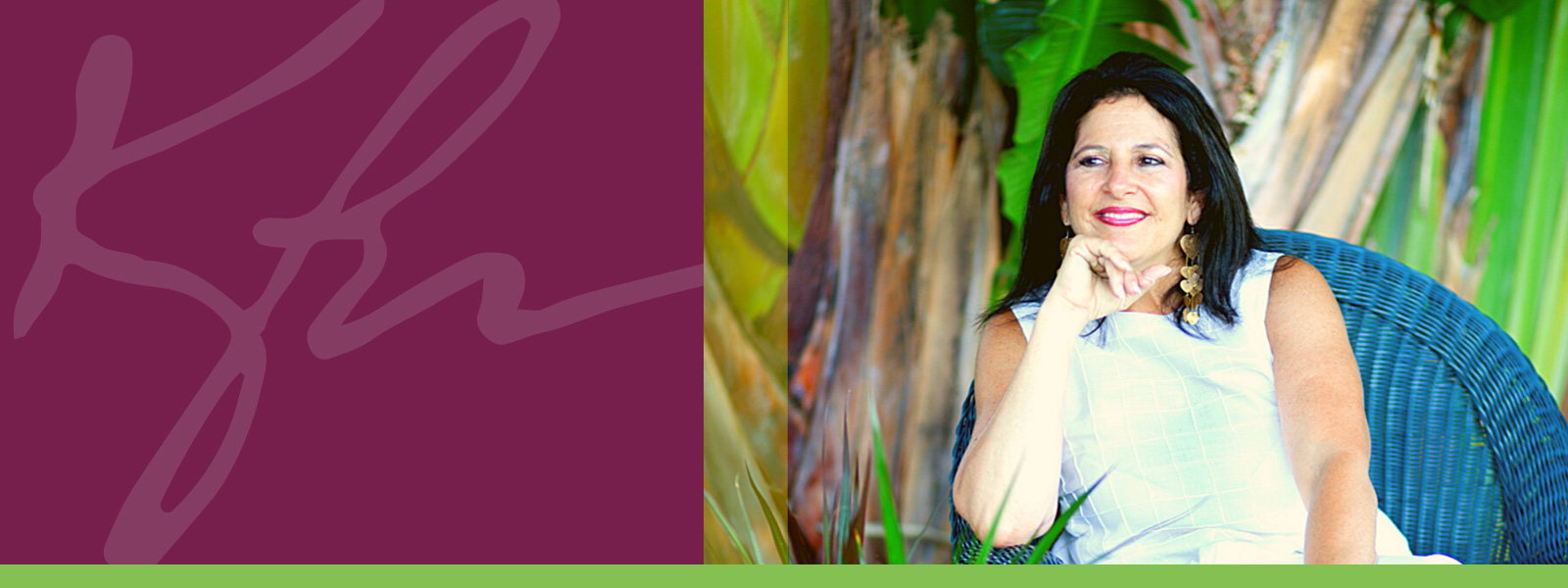I remember being in graduate school working on my PhD in counseling psychology. The judgment was that anybody studying a doctorate without a science background didn’t have a “good” degree. When did science become so everything? Was it science that influenced the people to believe there had to be proof, physical proof? When people started to rely on science for the proof did they also stop believing in their intuition and their wisdom? Is it science and people’s belief in it that influenced many people to stop believing in their own self? When science started telling society the way it is, was society already primed to believe in external facts rather than internal wisdom? Is this a part of why so many of the people no longer think on their own but rely on the information from elsewhere?
Today science has proven, in its own way, a lot of what indigenous people knew as truths about life. The original people of the land learned these truths by being one with the earth, themselves, and Spirit. They listened. They lived. They had elders and their communities. Wisdom, it is not intellect or knowledge. Wisdom is a knowingness that comes from the inside. It is anchored in life’s truths. From where does it come? How is it that all of the indigenous people, regardless of continent, came to the same truths, had some of the same tools and ceremonies, and shared similar definitions of symbols in life around them?
Psychology, the science of the mind, is an intellectual analysis of the story of your life. Today, the most common psychologies are behavioral and cognitive, CBT: minimal emotions and introspection. Yet, all of life occurs on the inside of you. Everything is driven by your subconscious. Furthermore, more is driven by your unconscious. Psychology would have you believe you must analyze, analyze, analyze. Psychology may also have you believe that you must listen to what others tell you to think and how others tell you to behave! That is antithetical to living in a state of joy, love, and fulfillment.
We have become a culture that demands proof of all external things in our lives. We have become a culture with an external focus. We’ve become a culture of people who wait to be told what to do. A culture that waits to be told what is right and what is wrong. How did that get started? That question may not be any more than rhetoric but ask yourself why you don’t listen to your Self and your own thoughts. Why do most of our teens and young adults not know their dream? Did we really lose sight of who we are on the inside? Today most are bound to a life dependent upon expectations, assumptions and judgments. Those are the very pieces that bring fear and take us away from love and happiness. Most people have an external focus of life (e.g., expectations, assumptions, judgments). Is science partially responsible for this external focus? How did we learn to leave ourselves behind and focus on everything else? Where did we learn to insist that the other prove their stance, their worth, their thought, or their opinion?
Ask yourself why you like particular colors and why you like particular people and why you like a particular career. All of that liking is because of an experience it creates inside you. To analyze the facts or to get lost in your history or to try to explain life, is to miss the point. Everything in this life happens with a purpose. How do we flow in the rhythm of life? How do we embrace every experience as just an experience? How do we let go of our judgments, our expectations, and our assumptions? Can each of you imagine that if we did free and in a rhythm that allows a state of forgiveness?
We need to come back to who we are. Not from an analytic perspective where we are thinking, thinking, thinking, but from an experience or place of knowing. You know who you are and yet you don’t. Society has taught you, from the time you could understand, how to be like them rather than how to be who we are. Science reaffirms that. Or, maybe it’s the other way around. However, I challenge each of you to think about your own self, ideas, and definitions of why things happen.
Stop analyzing, stop thinking and start feeling, start experiencing.






